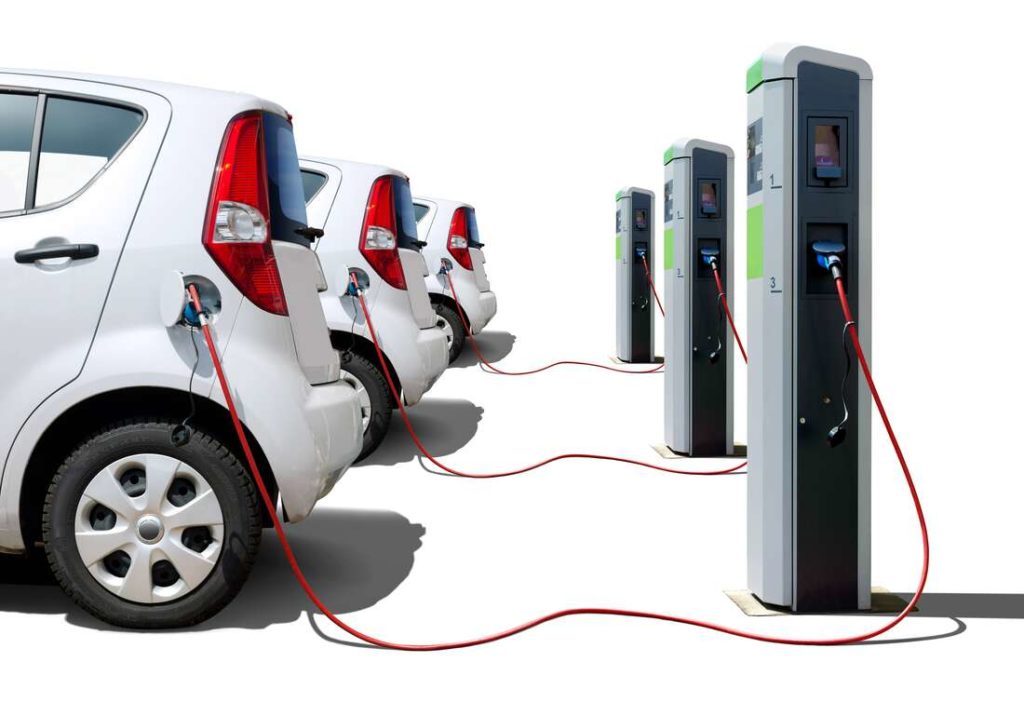The world is swiftly electrifying road transportation, driven mostly by its low carbon footprint and a fast-evolving energy battery technology. Kenya has no choice but to commence preparations for electric vehicles (EVs), as petrol/diesel vehicles will cease production around 2030. It will be a technology and business shift with similar finality as the landline telephony conversion to mobile phones that most of us witnessed.
The industrial world (EU, USA, China) has continued to sink billions of dollars into new technologies to deliver the most competitive EV products in terms of cost, charging/driving range, applicability, and vehicle support services. The business goal is to achieve mass EV production to improve economies of scale to reduce unit costs and deliver affordable prices. And this is already happening.
Nearly all the big names in petrol/diesel vehicle manufacturing have announced dates when production of these vehicles will cease. And these dates keep being brought forward as competitive pressure from new EV investors (the likes of Ellon Musk of Tesla) speedily penetrates automotive markets.
Governments, especially in Europe and now Biden’s USA, continue to facilitate conversion to EVs both for climate change reasons, and as stimulus for Covid-19 economic recovery.
In Kenya, the government has already provided fiscal incentives for EVs with a lower import duty of 20percent compared with 30 percent for petrol/diesel vehicles. However, with exception of a small number of taxis in the city, EV uptake has been negligible, explained mainly by high EV importation costs and absence of vehicle charging infrastructure across the country.
Kenya Power & Lighting Company (KPLC) last week announced that it will invest in EV charging infrastructure to add value to its power distribution business. Strategically, a new road transport energy segment will accelerate growth of national electricity demands which have been lagging. Within ten years, this energy segment will have significantly shifted from use of petrol and diesel to electricity.
EV charging infrastructure will be a new retail business model for vending electricity to motorists. It will gradually replace dispensing pumps at service stations, which are also expected to gradually install chargers. There are also the highway motels and “nyama choma” joints which will be convenient long distance vehicle charging points.
Any facility or yard that defines itself as vehicle parking will be convenient for installing EV chargers. As battery storage and charging technologies evolve and simplify, as indeed will happen, charging will transfer to the comfort and convenience of homes.
In their […]
